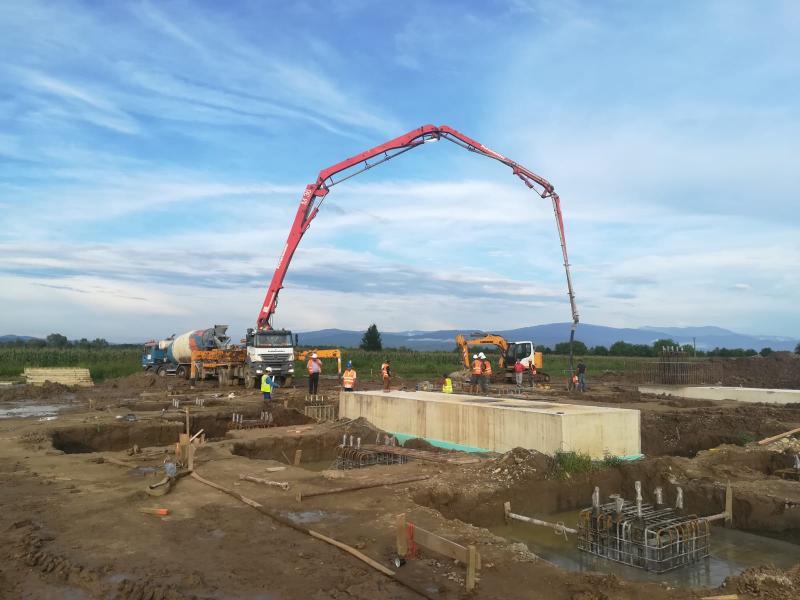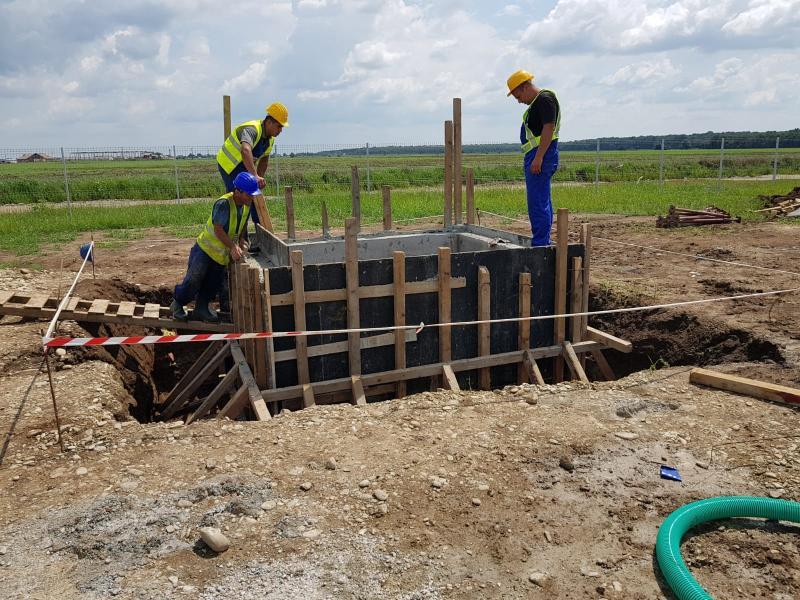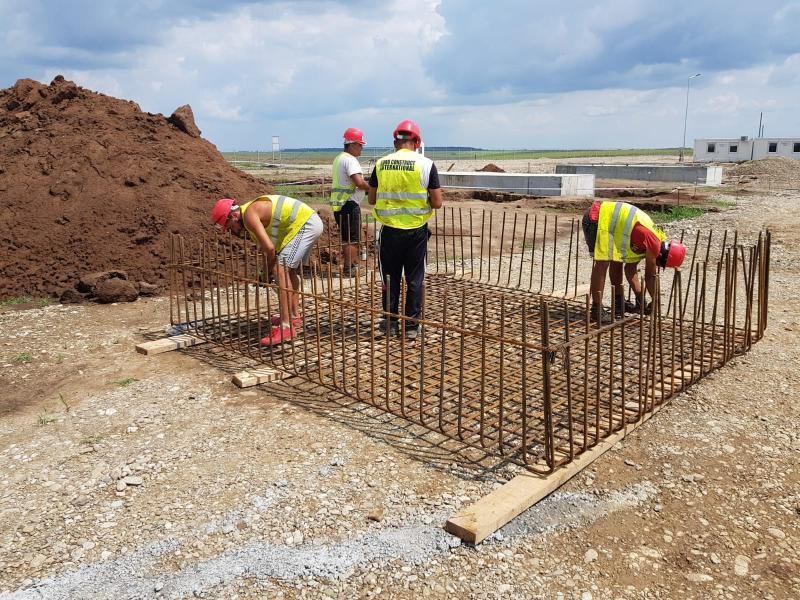An old tradition breathes new life into the economy through an EIB Romania energy investment
The petroleum industry in Romania dates back to ancient times, when the Romans found oil in the province of Dacia. In 1857 Romania became the first country in the world to officially record oil production of 275 tonnes. A recent Romania energy investment backed by the European Investment Bank finances a new chapter in this ancient story.
At the start of the 20th century the country was one of the first in the world to produce natural gas. “We have more than 100 years of experience in natural gas production,” said Dan Niculaie, advisor to the chief executive of Transgaz, Romania’s state natural gas transmission company. “Never before have we been able to share it with the rest of Europe, but that’s about to change.”
Even though Romania started exporting gas to Hungary in the late 1950s, the infrastructure needed to export it further than neighbouring countries has until now been almost non-existent. “Romania produces close to 11 billion cubic metres of natural gas per year, but with new offshore discoveries in the Black Sea, we expect to increase our output,” Niculaie said.
Independent gas production
Romania is almost completely energy independent, meaning that it produces nearly as much gas as it consumes. With the expected increase in gas output, it will be able to export gas to the rest of the EU. However, to do that, an infrastructure upgrade is needed.

In 2016, the EIB approved a EUR 100 million loan to Transgaz. The loan will finance the first phase of the Romanian section of the 478 km BRUA (Bulgaria, Romania, Hungary and Austria) gas transmission pipeline. “The pipeline will reduce Europe’s dependence on Russian gas,” said Matei Anghelescu, the EIB loan officer working on the project.

The long tenor of the loan (15 years, with a three-year grace period) meant that the EIB's involvement was only possible with the support of EFSI, making this a good example of how EU grants can be blended with EFSI financing. The EIB signed the loan under two contracts. One can be disbursed in euros and the other in the local Romanian currency, the first such loan to a Romanian company.
Romania energy investment aims at potential new sources
The project received a EUR 179 million grant from the European Commission under the Connecting Europe Facility. “At an estimated cost of EUR 503 million, this is one of the biggest projects in Romania in the last 25 years,” Anghelescu said.
The BRUA gas pipeline will improve the security of gas supply to the four countries and other EU Member States by enabling access to potential new gas sources, such as the Caspian region. By increasing exports, “the construction of the pipeline will benefit all Romanians through its taxes and royalties,” Niculaie said. “Local communities on the pipeline route will also benefit as employment will increase during the construction phase.” 3,400 temporary jobs are expected to be created.

Currently, works are underway on both the gas pipeline and three compressor stations. Once completed, the pipeline will connect South Eastern Europe with the European gas network, fulfilling the EU’s goal of creating additional energy sources for the region in the future.
